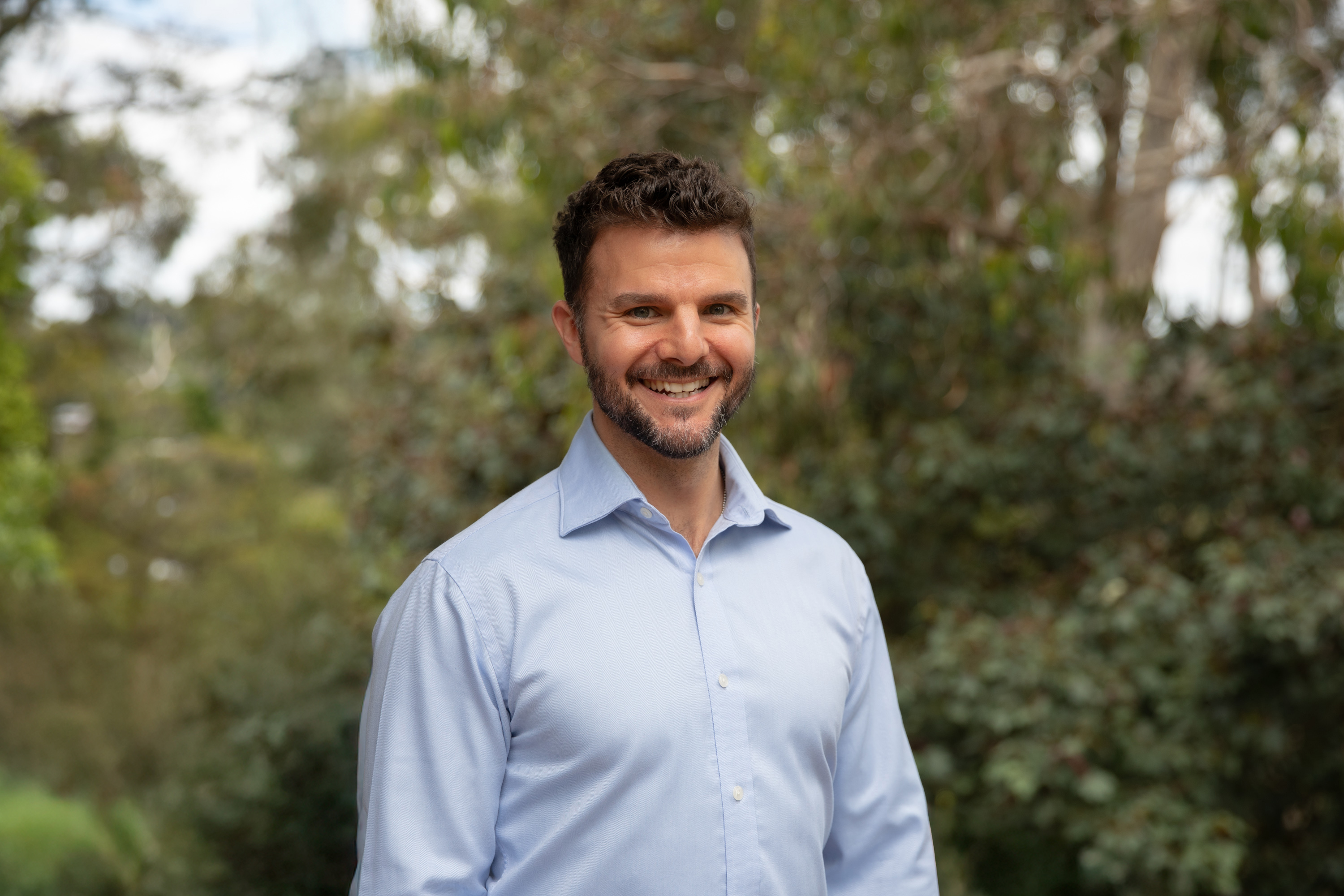This blog navigates…
Grief Is Not Just About Losing Someone
Everyone experiences grief differently, but understanding the process can help you navigate it with more compassion for yourself.
Grief is often associated with the death of a loved one, but it can also arise from:





The 5 Stages of Grief (And Why They Aren’t Linear)
Psychiatrist Elisabeth Kübler-Ross introduced the five stages of grief, but grief isn’t a straight road – it’s more like waves, coming and going in different intensities.

The initial shock can make grief feel surreal.
You might feel emotionally numb or disconnected.
Denial is your brain’s way of protecting you from overwhelming pain.

You might feel anger at yourself, others, or even the person you lost.
This can be a way of making sense of the pain.
Anger isn’t “bad” – it’s a natural response to feeling powerless.

You may dwell on “what ifs” or “if only” scenarios.
This stage often involves guilt and wishing for a different outcome.

Deep sadness, isolation, and loss of motivation can set in.
Grief can affect sleep, appetite, and energy levels.
It’s important to seek support if these feelings become overwhelming.

Acceptance doesn’t mean “getting over it.”
It means integrating the loss into your life and finding ways to move forward.

Common Myths About Grief






Ways to Cope with Grief






When to Seek Professional Help
Grief is natural, but sometimes it becomes complicated grief, making it difficult to function.





Final Thoughts: You’re Not Alone in This
Grief is one of the hardest human experiences, but healing is possible.



But you are allowed to heal. You are allowed to find joy again, and when you’re ready, you will.
If you need support navigating grief, get in touch, because healing doesn’t mean forgetting – it means learning to carry love forward.

